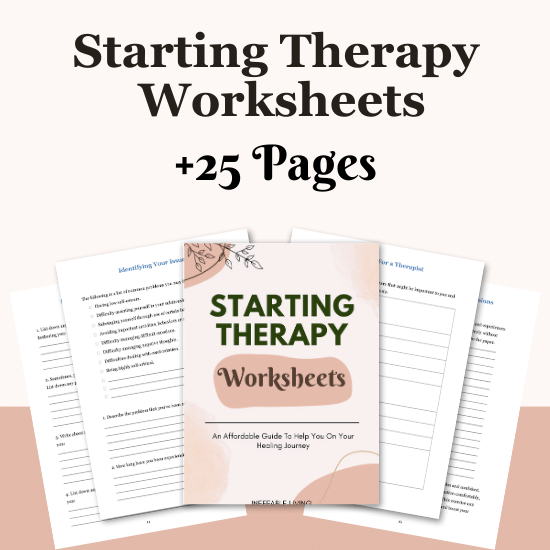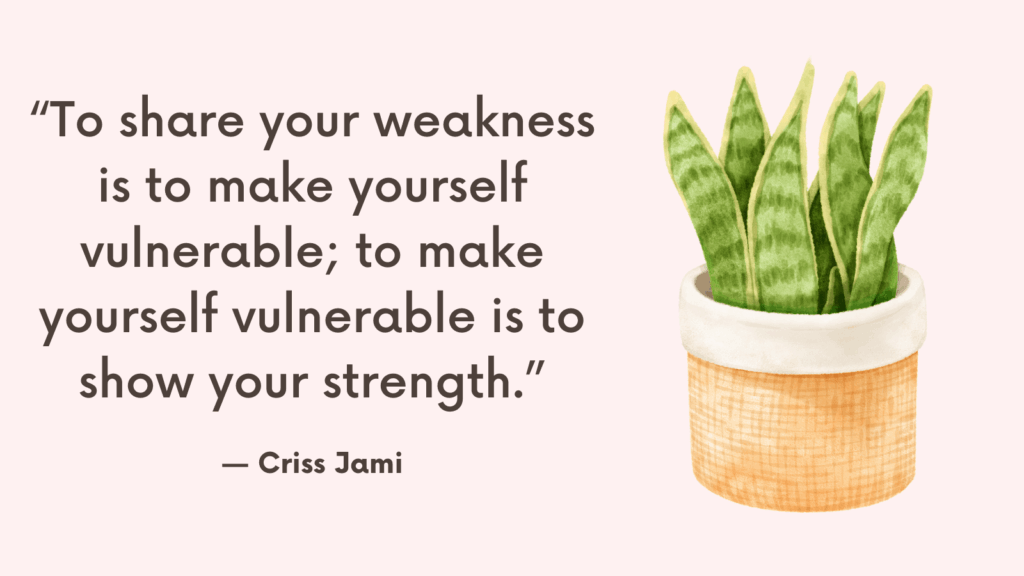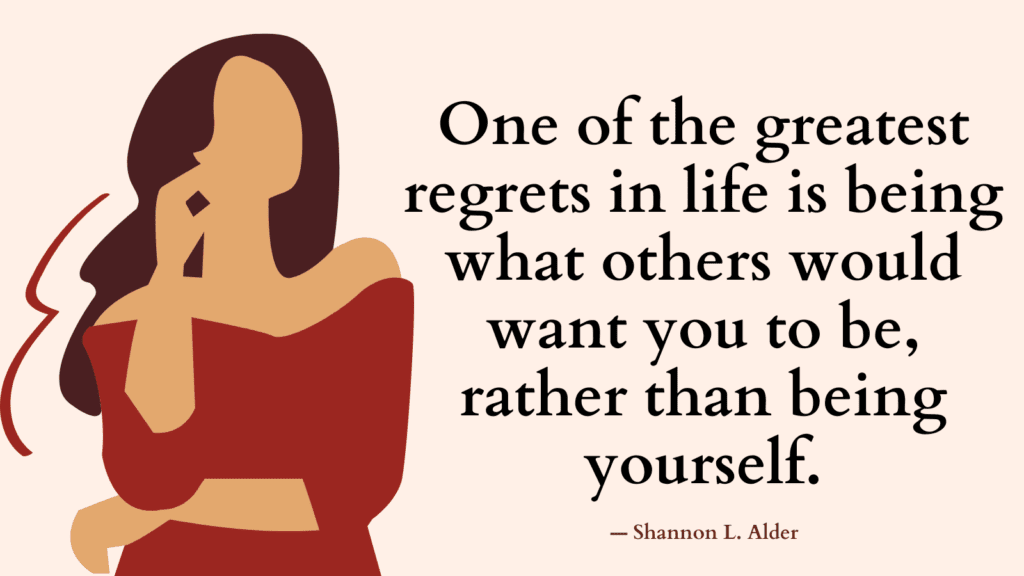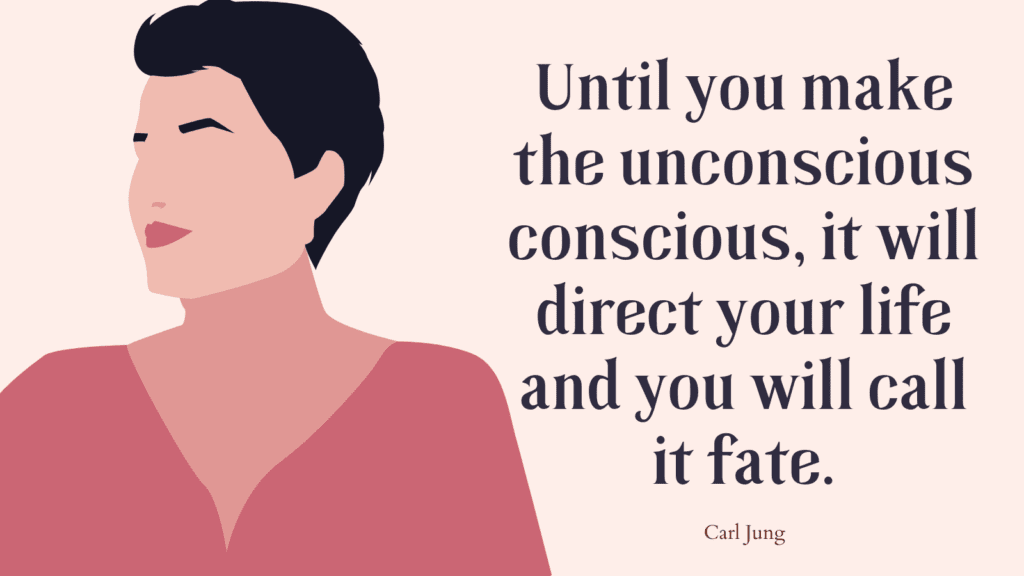Catching feelings for your therapist can feel confusing, embarrassing — even a little scary. But it’s more common than you think. Therapy is intimate: you’re seen, heard, accepted without judgment. That can stir up strong emotions, including attraction. The key is not to shame yourself, but to explore what the feelings might be telling you. Here’s how to navigate it with clarity and emotional maturity.
Why It Happens More Often Than You Think
Developing feelings for your therapist is common. Therapy is a unique relationship—one where you feel seen, heard, and accepted without judgment. That emotional intimacy can naturally stir romantic or idealizing feelings, especially when:
- You’re not used to safe, consistent attention
- You’re in a vulnerable life transition
- You associate emotional safety with attraction
- You’ve never had someone ask about your inner world with such care
- You feel disconnected from other relationships in your life
Your brain isn’t betraying you—it’s responding to a rare experience of being emotionally held.
Related: What To Talk To Therapist About: Top 35 Topics
What to Do If You’re Developing a Crush on Your Therapist
1. Know That It’s Normal
You’re not weird or broken. Many people develop crushes on their therapist. It’s a natural response to being deeply understood and emotionally supported in a safe space.
2. Separate the Feeling From the Fantasy
Attraction in therapy often reflects a deeper longing — for validation, safety, love, or connection. Ask yourself: What am I really craving underneath this crush?
3. Don’t Panic — Stay Curious
These feelings don’t mean you need to quit therapy. In fact, they’re often rich material. Get curious: What does this dynamic remind you of? Is it a familiar pattern?
4. Write It Down Before You Say It Out Loud
Journal what you’re feeling. Be honest. Putting it into words can ease the intensity and help you explore it more calmly when you’re ready to bring it up in session.
Related: 8 Things to Avoid Telling Your Therapist
5. Share It — When You’re Ready
It may feel terrifying, but telling your therapist can lead to important breakthroughs. A trained therapist won’t judge you — they’ll help you unpack what the feelings mean and where they come from.
6. Expect the Conversation to Be Professional and Boundaried
If you do bring it up, a good therapist will hold the conversation respectfully and therapeutically. They’ll explore it with you, not shame or flirt back.
7. Reflect on Transference
In therapy, transference happens when you project feelings from past relationships (often caregivers) onto your therapist. Attraction can be part of that — especially if you’ve longed to feel seen or safe.
8. Don’t Try to Act On It
Your therapist is bound by ethics — and crossing romantic lines is a violation. More importantly, trying to turn the relationship romantic undermines the very safety you’ve built.
9. Use the Feelings as a Mirror
What does this attraction say about your emotional needs, desires, or relational patterns? Often, the crush is less about them and more about something awakening in you.
10. Remember: This Is Part of the Work
Therapy brings up unexpected things — including who we’re drawn to and why. Instead of running from it, use it. This is a chance to grow in self-awareness, emotional boundaries, and insight.
Related: Healing Isn’t Linear: What Does It Mean?

Conclusion
Feeling attracted to your therapist doesn’t make you unfit for therapy — it makes you human. When approached with honesty and courage, even these complex feelings can deepen the work. You’re not doing therapy wrong. You’re in the thick of it — and that’s exactly where growth begins.



